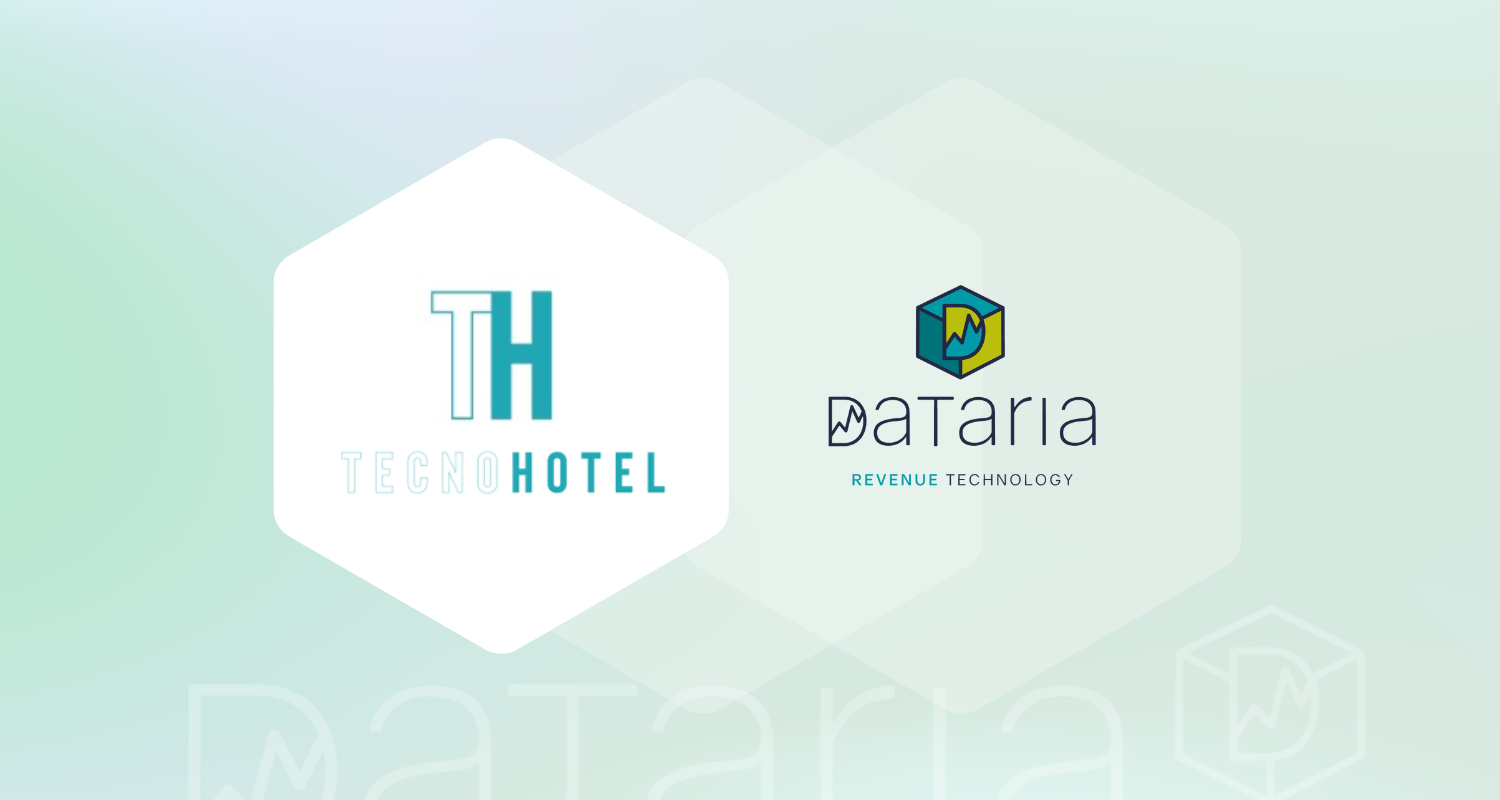Artificial Intelligence (AI) in Revenue Management is on everyone’s lips. Big Tech promises a future where algorithms will make smarter decisions than humans, and billions have already been poured into their development. But amid all the hype, it’s worth pausing to ask a fundamental question: what is the real purpose of this advance?
Let’s take a step back, consider the issue in general terms, and then bring it down to the reality of artificial intelligence in hotel revenue management.
Artificial Intelligence: a technology we don’t really understand
Arguably the biggest challenge with AI today is not its power or capacity, but the fact that in most cases, we don’t know how it works. The most advanced models are like black boxes: data goes in and results come out, but the processes in between remain opaque—even to those who designed them.
This isn’t just a technical problem, but a structural limitation. How can we delegate critical decisions—pricing, medical diagnoses, or strategic business moves—to systems we cannot audit or understand? When mistakes happen, we don’t know why, nor how to fix them. And in high-stakes situations, that’s far from ideal.
A blind spot for strategic management
These days, many companies rush to integrate AI into every process, often without asking: Does this genuinely add value? AI has too often become an end in itself rather than a means. This obsession sidelines simpler, more transparent and cost-effective solutions, simply because they don’t come with the fashionable “artificial intelligence” label.
From a strategic point of view, this is a risk. Investing heavily in technology that is costly, opaque and prone to error simply because it’s trendy is not innovation—it can be a poor business decision.
A one-way project?
An uncomfortable but necessary question is: how do we justify the high levels of investment required to access AI functionalities? Most current applications—text generation, image creation, small-scale task automation—lack a solid revenue model. They are undoubtedly useful tools, but they don’t always justify premium pricing or large contracts.
In our own sector, hotels and major chains have spent the past few years listening to grand promises about automating pricing and revenue through AI. Many, after trialling such systems, have realised that when the context and logic behind a price recommendation remain hidden, relying on a ‘magic number’ is a fast track to losing control over strategy and missing business objectives. Unsurprisingly, this generates mistrust towards the technology when it comes to making key decisions. And this concern is very much alive among hoteliers managing their pricing today.
Conclusion: Realism and strategy with AI in Revenue Management
AI has great potential, but at present it’s often approached with blind faith—bordering on technological superstition. Implementing AI simply because “it’s what everyone’s doing”, without understanding its limitations, considering alternatives, or ensuring a viable economic model, is a dangerous strategy.
In earlier posts we’ve shared criteria to help evaluate AI-driven solutions. What’s needed is not yet another shiny tool by default, but a critical, strategic and pragmatic perspective. Not every solution needs to be ‘intelligent’. Some just need to work. In this regard, rule-based or algorithm-driven automation can help preserve human judgement and strategy by systematising repetitive tasks—delivering real impact on the day-to-day performance of Revenue Management teams.
All too often, I see parallels with Hans Christian Andersen’s tale The Emperor’s New Clothes, where nobody dares to say aloud that the emperor is, in fact, wearing nothing at all.
What’s your view?
About Revenue StraTECH
A column that looks beyond the technology itself—into what lies behind it. Articles on technology strategy, business development and hotel transformation, designed to offer hoteliers and revenue managers fresh perspectives and food for thought.

Erik Kjorstad
With over 17 years’ experience in business development and management, he is now Strategy Director at Dataria, where he leads software initiatives that support Revenue Management. Before joining Dataria, he grew Telsome from the ground up until it became part of the multinational Enreach. At Dataria, his focus is on shaping strategies that help the company continue to grow.


